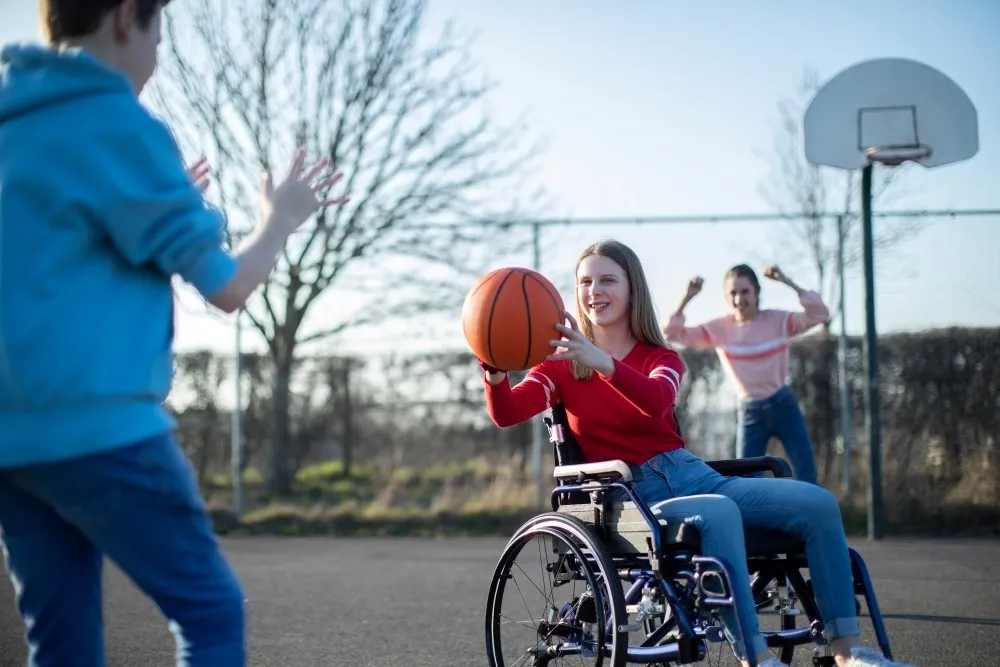For people with disabilities, developing essential life skills is a critical step toward achieving independence, confidence, and a higher quality of life. Life skills encompass a broad range of abilities—from managing daily routines to social interaction and problem-solving—that empower individuals to navigate their environments effectively.
Programs designed to foster these skills not only benefit participants personally but also support their integration into the community, opening doors to education, employment, and social participation.
Why Life Skills Matter
Life skills are foundational for independent living. They enable individuals to perform everyday tasks such as cooking, budgeting, personal hygiene, and using public transport. Mastering these skills promotes self-reliance and reduces dependence on caregivers or support services.
Moreover, life skills contribute to emotional wellbeing by fostering a sense of accomplishment and autonomy. For many, gaining these skills transforms how they view their capabilities and potential.
Tailoring Support Through Individualised Living Options
Every person’s journey to independence is unique, requiring customized approaches. Individualised living options Adelaide offer flexible support plans that focus on personal goals, preferences, and abilities.
These options may include supported accommodation, in-home assistance, or community-based programs that encourage skill development in real-life settings. By tailoring support, participants receive the right balance of guidance and freedom to grow.
Role of NDIS Travel Assistance in Building Independence
Access to transportation is a key factor in independent living. For many, learning to use public or specialized transport safely enhances mobility and social engagement.
The NDIS provides NDIS Travel Assistance Adelaide funding to help participants access travel support for appointments, social outings, and activities that promote learning and community participation. Using this assistance encourages skill development related to travel planning, navigation, and time management.
Life Skills Programs and Their Components
Effective life skills programs typically cover areas such as:
- Personal Care: Hygiene, grooming, and health management.
- Home Management: Cooking, cleaning, laundry, and budgeting.
- Communication: Developing social skills, assertiveness, and problem-solving.
- Community Participation: Navigating public spaces, using transport, and engaging in social activities.
- Employment Readiness: Time management, workplace etiquette, and task management.
Through structured learning and practical experience, participants build confidence and competence in these areas.
Benefits Beyond Independence
Life skills training also fosters greater social inclusion. Participants who can navigate community environments and communicate effectively are more likely to form relationships and participate in meaningful activities.
For families and carers, seeing their loved ones develop these skills often brings relief and satisfaction, knowing that the individual is better equipped to manage their own life.
Support Networks and Collaboration
Building life skills is most successful when supported by a network of professionals, family, and community resources. Collaboration between therapists, support workers, educators, and the individual ensures consistent reinforcement and tailored approaches.
Regular reviews and adjustments to support plans help keep the training relevant and aligned with evolving goals.
Investing in life skills development through programs and supports such as individualised living options Adelaide and utilizing resources like NDIS Travel Assistance Adelaide lays the groundwork for empowered, independent living. With the right guidance and opportunities, people with disabilities can unlock their full potential and enjoy more fulfilling lives.
